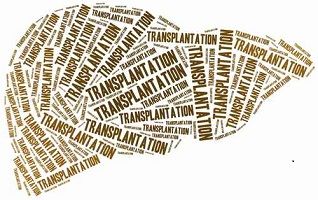Drug Combo Helps Hardest-to-Treat Liver Patients
Patients with severe cirrhosis, those who are waiting for a liver transplant, or have recurrent hepatitis C infection following treatment are desperately ill. Researchers at the 2015 International Liver Congress reported that a fixed dose combination of ledipasvir/sofosbuvir given in combination with ribavirin helped many of these patients, according to the results from the SOLAR 2 trial.

Patients with severe cirrhosis, those who are waiting for a liver transplant or have recurrent hepatitis C infection following a treatment are desperately ill.
But a fixed dose combination of ledipasvir/sofosbuvir (LDV/SOF) given in combination with ribavirin (RBV) helped many of these patients, according to the results of SOLAR 2 presented this afternoon at the 2015 International Liver Congress in Vienna, Austria.
The trial is the international version of the original SOLAR trial done in the US.
According to Michael Manns, professor and chairman of the department of gastroenterology, hepatology and endocrinology at the Hannover Medical School, Germany, the experimental regimen gave hope to a group of patients that is difficult to treat.Though there were 10 deaths among the 329 patients enrolled in the 34-site, 12 nation study, none was due to the treatment itself, Manns said in a session at which he presented the findings.
“These are very sick patients and deaths are to be expected,” he said.
The patients were either HCV genotype-1 or genotype-4 treatment-naïve or treatment-experienced patients. Most (75%) had had other treatments.
All had either decompensated liver disease or recurrent HCV following a liver transplant.
The subjects were randomized to receive either 12 or 24 weeks of LDV/SOF plus RBV. Ten patients were excluded from the analysis because of transplantation or because they were pre-transplantation but not decompensated.
In the HCV genotype 1 patients86% had 12 weeks of treatment, which Manns said he feels is sufficient. Of the 32 genotype 4 patients, 84% had 12 weeks of treatment.
Manns said the drug combination resulted in a virologic response strong enough that these patients MELD scores (the criteria that measures how sick patients are as they await a donor liver for transplant) improved.
“Current treatment options are limited for HCV patients with decompensated liver disease,” Manns said, “We are pleased the combination has proved to be so effective.”
But a larger study is needed, he added.
Gilead Science funded the research.